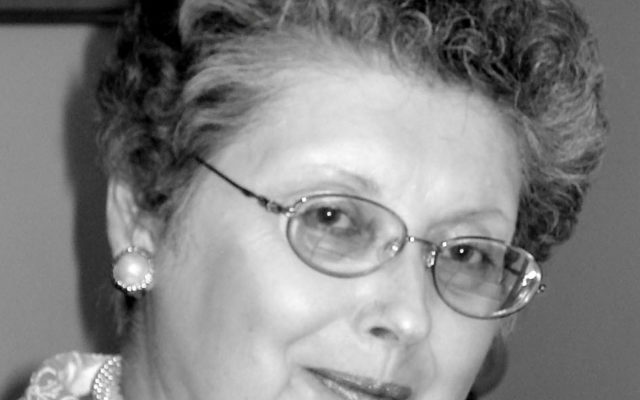
Don’t neglect those deeds
Most genealogists would rather have a root canal (or as one told me, give birth in a store window) than spend an afternoon at the Registry of Deeds tracking metes and bounds. But deeds are so much more than how many paces beyond the “stump” to go before hitting the boundary of the family’s land. They can establish family ties and provide dates of death and sometimes details not to be found in other sources.
While deeds will indeed show you where your ancestor owned land, it’s the family connections that are the most valuable find for a genealogist. They don’t show up in every deed but when they do they are pure gold. In fact, often what is spelled out in a deed can be the only proof of relationship. This is especially true in places like Cumberland County where the early probate records were lost in a fire and where town records can be sketchy.
What sorts of things can you hope to find in a deed? Let me give you some examples from my own research. I proved that Daniel Carter Sr. and Daniel Carter Jr. of Freeport were indeed father and son. This may sound obvious, but I wrote a column about the junior-senior issue last year and how you couldn’t assume they were even related since at that time it merely meant one was the first in town and the other the second of that name. But a land deed clearly stated Daniel Jr. purchased land from “my honorable father” Daniel Sr., and this proved the relationship beyond doubt. It is also the only surviving record linking these two men.
I was also able to find a land settlement for the estate of Benjamin Blackstone where his daughter, Mehitable, signed for her portion of her father’s estate and her husband, John Day, signed as well. This proved that the two who’d married in Cumberland were the same couple who show up in North Yarmouth records and that Mehitable was the daughter of Benjamin Blackstone. The estate was administered by her brother, another Benjamin, which was an added bonus for the family tree. It also confirmed an approximate death date for the father. And, it explained how John Day came to own land in North Yarmouth. That one paragraph of information at the Registry answered a great many questions regarding this family.
In the case of Jonathan Woodman of North Yarmouth, the names of all his living heirs were listed in the deed of sale of his land following his death – his widow, his sons, and his daughters and their husbands. I was then able to begin tracking these women and their families.
These examples are solid reasons why a genealogist shouldn’t neglect searching for a family deed. When town records fail and probate records are non-existent try the Registry of Deeds found in county courthouses. It just might hold the answers you need to link generations on the family tree.
Nancy Battick is a Dover-Foxcroft native who has researched genealogy for over 30 years. She is past president of the Maine Genealogical Society, author of several genealogical articles and co-transcribed the Vital Records of Dover-Foxcroft. Nancy holds a MA in History from UM and lives in DF with her husband, Jack, another avid genealogist. You can contact Nancy at nbattick@roadrunner.com.